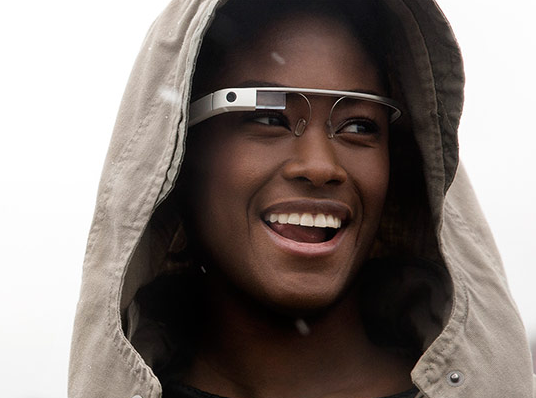
Even before its official release, Google’s new product, Google Glass, has stirred controversy.
Google Glass is a mobile, computerized pair of glasses that can connect to the internet, take pictures and videos, provide directions and allows user to participate in video chat sessions. The product is currently under beta-testing, and several prototypes have been sold for $1500.
Yet Glass has been scrutinized for giving users the ability to take secret videos and pictures. A Seattle Bar, The 5 Point Cafe, has already banned Glass, and many other locations around the globe have followed suit. In interview with local radio station KIRO, 5 Point Cafe owner David Meinert said, “We don’t let people film other people or take photos… in the bar, because it is kind of a private place.”
Meinert isn’t the only one worried about privacy. Writing on her Sophos Naked Security blog, writer Lisa Vaas called Glass “the ultimate creepy stalker toy.”
Glass has also stoked fears of a technology-engulfed world. One website, StoptheCyborgs.org, was founded in response to Glass and states that its duty is to fight “the algorithmic future one bit at a time.”
Safety concerns have also arisen, as Glass may prove distracting to everyday life. As Elizabeth Cohen stated in Scientific American, “Some tasks such as walking and driving demand visual attention,” and Glass may “encourage people to divert their visual focus.”
Yet there have been many positive reviews of Google’s new product. The glasses incorporate revolutionary new technology, including a clothing-based digital fingerprint which helps users identify someone in a crowd. Google Glasses will also allow for a new way of instant social sharing, further expanding the boundaries of communication.
In the words of Techcrunch’s Darrell Etherington, “Google Glass… [is] already showing that it could have plenty of applications beyond just acting as an extension of your smartphone.”

